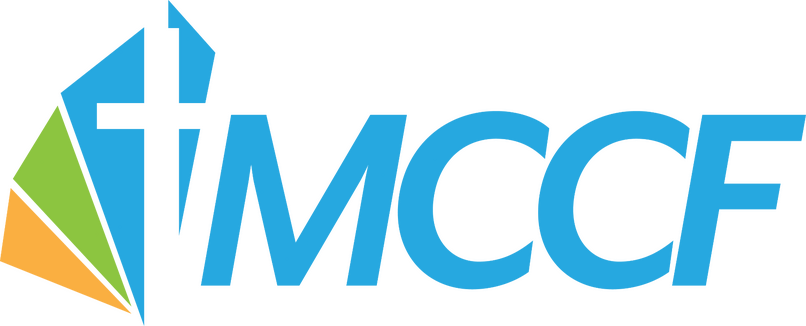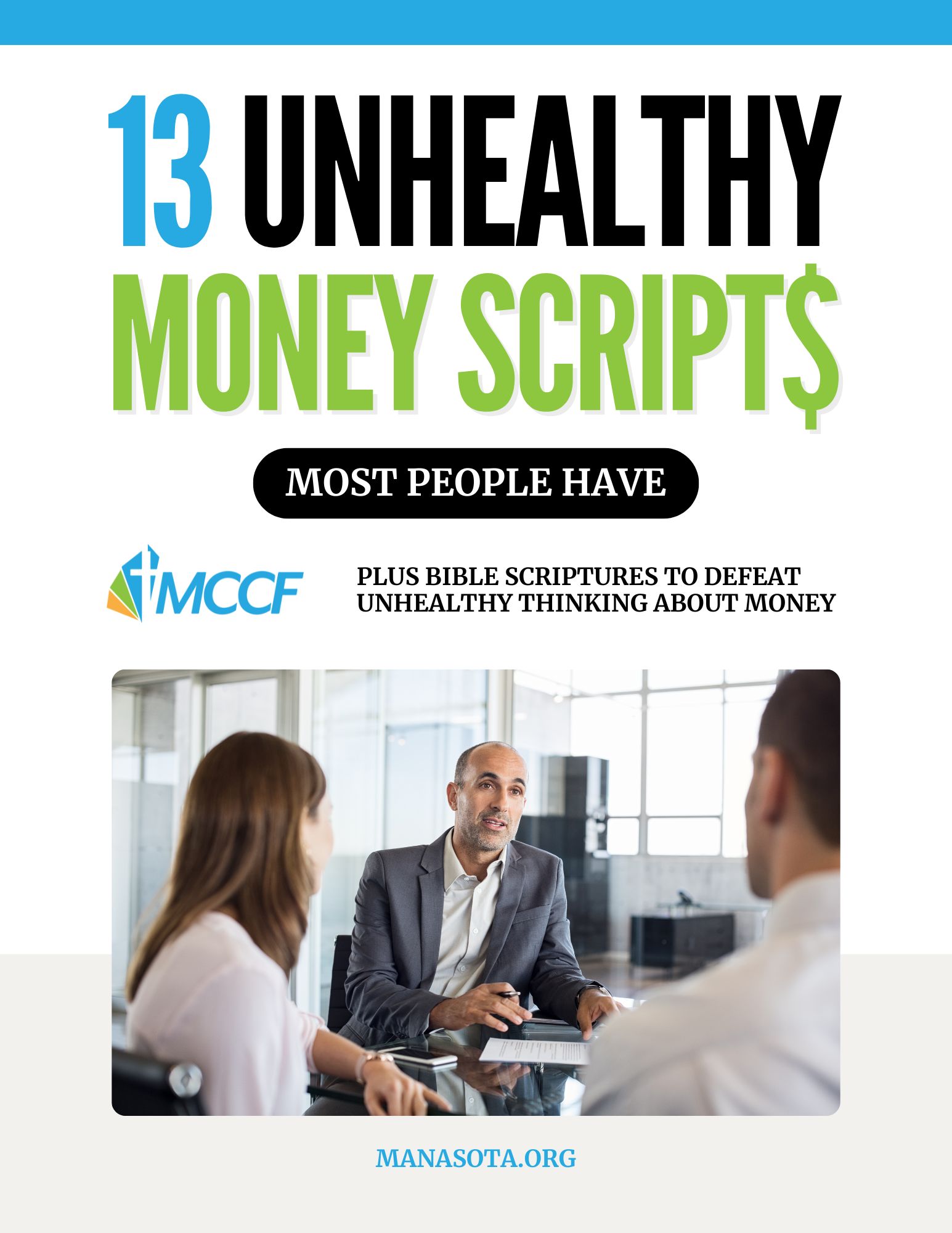Estate planning can feel overwhelming, but as a financial advisor in Sarasota and Bradenton, Florida, you have the opportunity to guide your clients with clarity and confidence. By using a structured, faith-based approach, you can help families make wise financial decisions that align with their values and long-term goals.
Just like Jesus gave us clear teachings to follow, we can create a straightforward path for our clients to navigate their legacy planning. Through years of experience working with families, we’ve discovered a process that brings clarity and peace of mind.
Think of estate planning like building a house – you need a solid foundation before adding the walls and roof. Our three-step approach helps families understand their current situation, explore their options, and make confident decisions about their legacy.
The beauty of this process is how it transforms complex legal discussions into meaningful family conversations.Instead of getting lost in technical jargon, clients can focus on what matters most: their values, relationships, and the impact they want to make.
Before meeting with an estate attorney, clients who follow this framework arrive prepared and confident. They understand their goals, have organized their information, and can communicate their wishes clearly. This preparation typically saves them time, money, and stress.
A Faith Based Approach to Estate Planning
Here’s what makes this approach different: it’s not just about the numbers. While financial details matter, we believe estate planning is ultimately about stewarding God’s resources and blessing future generations. Our process helps families align their plans with their faith and values.
This framework breaks down into three manageable steps:
-
Building the Financial Foundation
-
Creating the Personal Balance Sheet
-
The Whiteboarding Experience
Each step builds on the previous one, creating a clear path forward. Like a good shepherd guides their flock, we’ll walk alongside you through each phase of the journey.
Building the Financial Foundation
Starting with a solid financial foundation is like building a house – you need a strong base before adding the walls and roof. Before diving into complex estate planning decisions, we need to understand your complete financial picture and family dynamics.
Think of this step as gathering all the puzzle pieces before we start putting them together.
Key Areas to Address:
-
Insurance Coverage – Ensure life insurance, long-term care, and other policies protect your loved ones.
-
Family Story & Relationships – Identify key people and potential dynamics that may impact estate planning decisions.
-
Financial Goals – Retirement plans, charitable giving, and family financial support all shape estate planning choices.
-
Risk Tolerance & Strategy Preferences – Some clients prefer conservative approaches, while others are comfortable with more aggressive options.
This foundation-building step makes future meetings with estate attorneys more productive. Instead of starting from scratch, you’ll walk in with a clear picture of your financial situation and family dynamics.
“Taking time to build this financial foundation is an act of stewardship that benefits both you and your loved ones.”
Creating the Personal Balance Sheet
Getting a clear picture of your financial life is like taking inventory of your blessings. It’s an essential step that helps you make wise decisions about your legacy.
How to Create a Personal Balance Sheet:
-
List Your Assets – Home, investment accounts, business interests, and personal property.
-
Identify Your Debts – Mortgages, credit cards, and other obligations.
-
Review Ownership & Beneficiaries – Ensure accounts and policies align with estate plans.
-
Consider Tax Implications – Different assets have different tax obligations for heirs.
-
Evaluate Liquidity Needs – Make sure there is accessible cash for immediate expenses.
This balance sheet isn’t just about numbers – it’s about creating a foundation for blessing future generations. Take time to pray about these decisions and seek wisdom as you move forward.
The Whiteboarding Experience
Imagine sitting down with your clients in a comfortable room, marker in hand, ready to map out their legacy. This two-hour session is where dreams and plans come alive on paper.
Key Questions We Explore:
-
How do you want to divide assets between children and charities?
-
What does “fair inheritance” mean for your family?
-
When and how should wealth transfer to the next generation?
-
How will you communicate these decisions with your family?
By the end of this session, your clients will have:
- A visual map of their estate plan
- Specific action steps for moving forward
- Scheduled follow-ups to track progress
- Peace of mind about their legacy decisions
This whiteboarding approach turns abstract concepts into concrete plans. It helps families see God’s provision in their lives and consider how to bless future generations.
“This isn’t just about moving money around – it’s about helping families create meaningful legacies that honor the Lord and serve others well.”
Conclusion: Helping Clients Build Lasting Legacies
Estate planning doesn’t have to be overwhelming for your clients or for you. This three-step process creates a clear paththat leads to better outcomes and stronger client relationships.
The real magic happens when clients can see their entire financial picture laid out before them. They move from confusion to clarity, from worry to peace of mind.
Remember, this isn’t just about creating documents – it’s about helping families build lasting legacies that honor God and bless future generations.
“You’re not just organizing assets; you’re helping clients steward the resources God has entrusted to them.”
Take Action: Implement Your Estate Planning Process
Ready to guide your clients through estate planning with confidence? Here’s how to get started today:
✅ Begin With One Client
Pick a trusted client and introduce them to this structured estate planning process.
✅ Gather Your Tools
-
A large whiteboard
-
Colored markers
-
Estate planning questionnaire
-
Personal balance sheet template
-
Family information worksheet
✅ Set Clear Expectations
-
The process takes about three meetings
-
Clients will have homework between sessions
-
They’ll walk away with a clear estate plan
✅ Track Your Results
-
Note what works well
-
Identify where clients get stuck
-
Document common questions
-
Track time spent in each phase
“Jesus calls us to be good stewards of what He’s given us. This process helps your clients honor God with their resources and leave a lasting legacy.”
Start today. Trust the process. It works.
Upcoming Events
MCCF hosts events designed to help you grow your Kingdom Impact.

Kingdom Advisors
April 09 at 12 PM
Join us at the Kingdom Advisors Study Group to connect with like-minded financial advisors who are integrating faith and finance to better serve their clients.
Gain practical insights and biblical wisdom to help guide your clients toward faithful stewardship and purposeful generosity.

Kingdom Advisors
May 14 at 12 PM
Kingdom Advisors is a growing global movement of professionals seeking God’s glory and client success.
We meet once per month for a workshop and to network with other Christian advisors in the area.
Ready to Equip Your Financial Practice with Biblical Wisdom?
As a Christian financial advisor, you’re committed to helping your clients achieve financial freedom while staying true to their faith.
However, many of them may be held back by unhealthy money scripts—deep-rooted beliefs about money that conflict with biblical principles.
These scripts can cause anxiety, poor financial decisions, and prevent them from becoming the wise stewards God calls them to be.
We’ve created a free resource, "13 Unhealthy Money Scripts," to help you identify and defeat these damaging beliefs using Biblical scriptures.
Equip yourself to guide your clients toward true financial freedom. Download your free resource now and start making a Kingdom impact today!


